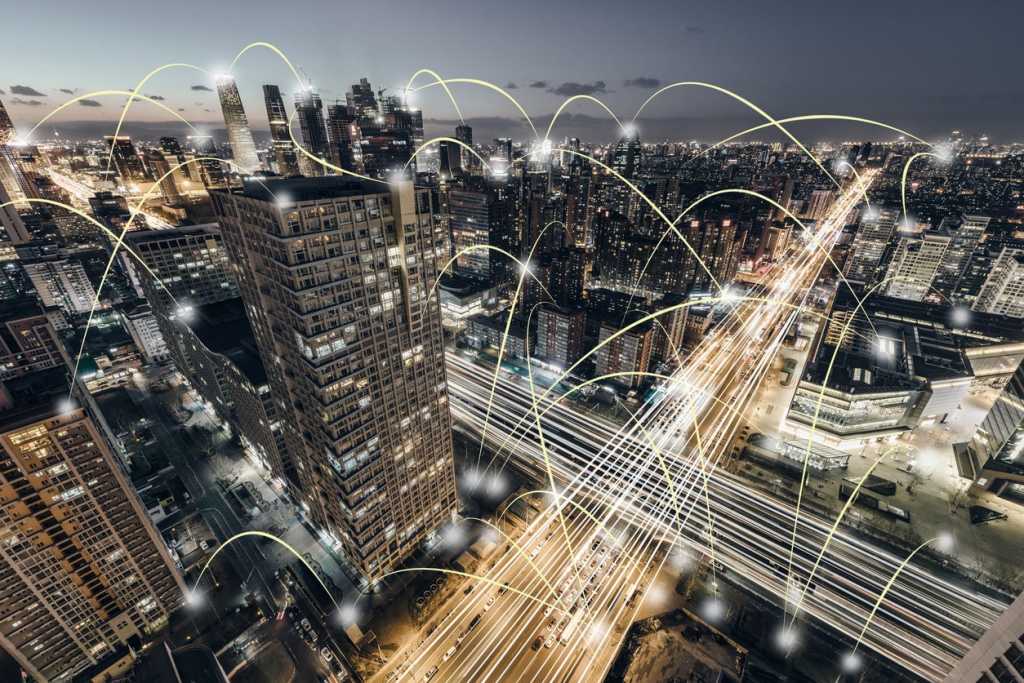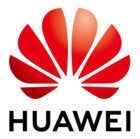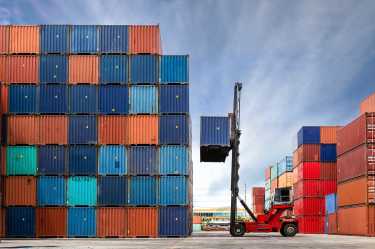
As we move into the future and technology becomes even more advanced, the majority of capital cities will become ‘smart cities’.
A smart city uses the internet of things (IoT), data, and technology to streamline services to make a city more connected, efficient, manageable, and cost effective. Smart cities drive innovation, have connected residents, optimise governance, and make better use of precious resources.
However, there are a number of steps which need to be implemented before a city can be considered ‘smart’.
First is infrastructure. This includes wireless and fibre broadband to enable connectivity, and cloud services to monitor, maintain, update, and store data. The cloud enables vital data to be stored off site with ease of accessibility, meaning fewer and less devastating system failures and the ability to facilitate swift disaster recovery.
Security is also key to a smart city. As smart cities have the ability to monitor and deploy fundamental services such as public transport, utilities, and other services, it is vital they are not vulnerable to breach physically or virtually. The cloud and new security measures, such as blockchain, help make smart cities impervious to breaches.
Finally, centralised management is key. Using artificial intelligence and machine learning, smart cities can be monitored locally or remotely, to ensure seamless and efficient deployment of services. Using technology, issues can be identified and rectified before they become problems, disaster recovery becomes a matter of moments rather than days, and utility usage can be monitored and optimised so costs, and carbon footprint, are reduced.
All this, via the IoT, means cities are not only better able to manage services and facilities, it is also faster and far more cost effective to deliver seamless experiences to connected residents.
A fantastic example of smart city deployment is the city of Ekurhuleni with the assistance of Huawei. As the fourth largest city in South Africa, Ekurhuleni needed to transform its health, education, transportation, and security, as well as upgrade basic services such as electricity, water, public health, and emergency medical care, in order to facilitate future growth and improve resident satisfaction.
Huawei helped Ekurhuleni with a strategy covering ‘connected city’, ‘efficient city’, and ‘smart city’. The aim was to deliver business solutions, optimise IT management and governance, improve IT organisation and employee capabilities, reduce IT costs, integrate IT operations and resources, expand the scope of informatisation and data analysis, deploy mobile solutions, simplify business processes, integrate main businesses, improve the relationship between business departments, and facilitate infrastructure development and management.
After a fibre broadband infrastructure was installed, Huawei enabled wireless broadband connectivity to provide free, public Wi-Fi. Huawei then deployed a videoconferencing solution to support Ekurhuleni’s 27 departments and public utilities, including access to remote branch offices, which integrates with office and business systems to support the city’s customer service.
A cloud-based data centre was then implemented, which now facilitates zero data loss, remote disaster recovery, and automatic fault detection, with improved efficiencies and reduced consumption costs.
A ‘My Ekurhuleni’ App also provides mobile access to a majority of local government services. Now, Ekurhuleni is wireless, connected, and centralised – a true ‘smart city’.
To find out more about cloud enablement, go to: http://e.huawei.com/topic/idc-whitepaper-service2018/en, or to find out more about Huawei’s services: https://e.huawei.com/en/services









